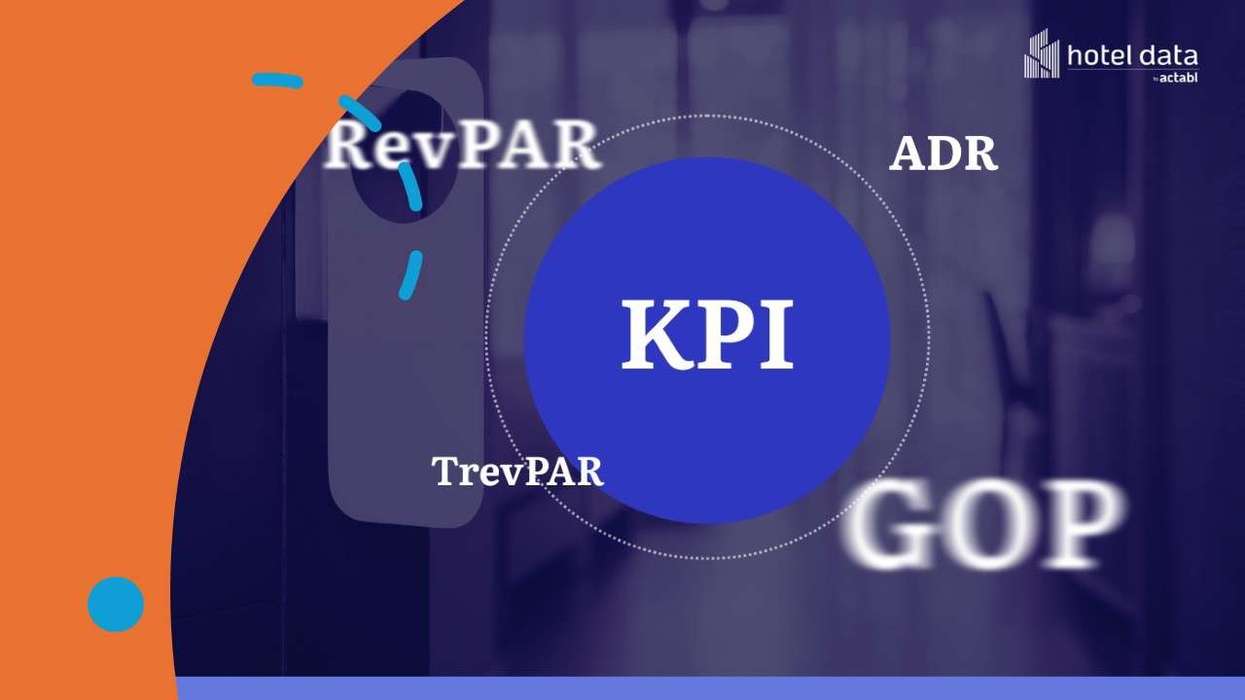STATES AND CITIES will lose $16.8 billion of tax revenue from hotels in 2020 as a result of the downturn in occupancy related to the COVID-19 pandemic, according to a study by Oxford Economics and released by the American Hotel & Lodging Association. The loss could have a serious impact on local government services.
States that stand to lose the most are California losing $1.9 billion, New York losing $ 1.3 billion, Florida losing $ 1.3 billion, Nevada losing $1.1 billion and Texas losing $940 million. The affected taxes include occupancy, sales and gaming taxes, and the possible impact on hotel property tax, projected to be nearly $9 billion, is not included in the Oxford Economics study.
In 2018, the hotel industry directly generated nearly $40 billion in state and local tax revenue across the country, according to AHLA. It generates $186 billion in local, state, and federal taxes each year.
“Getting our economy back on track starts with supporting the hotel industry and helping them regain their footing,” said Chip Rogers, AHLA’s president and CEO. “Hotels positively impact every community across the country, creating jobs, investing in communities, and supporting billions of dollars in tax revenue that local governments use to fund education, infrastructure and so much more. However, with the impact to the travel sector nine times worse than 9/11, hotels need support to keep our doors open and retain employees as we work toward recovery. We expect it will be years before demand returns to peak 2019 levels.”
Prior to the pandemic, hotels supported one in 25 American jobs, or 8.3 million, and contributed $660 billion to U.S. GDP. An average hotel with 100 occupied rooms per night supports nearly 250 jobs in the community and generates $18.4 million in guest spending at neighborhood shops and restaurants, according to AHLA.
Now the pandemic has caused more than 70 percent of hotel employees to be laid off or furloughed. This year is projected to be the worst year on record for hotel occupancy, and experts estimate it will be at least 2022 before hotels return to their 2019 occupancy and revenue levels. While leisure travel is slowly starting to resume, six in ten hotel rooms remain empty, with business travel is not expected to fully rebound until 2022.
In April, hospitality consulting firm HVS estimated combined lodging tax losses of $4.4 to $6.1 billion across 25 U.S. urban markets due to the impact of COVID-19.





